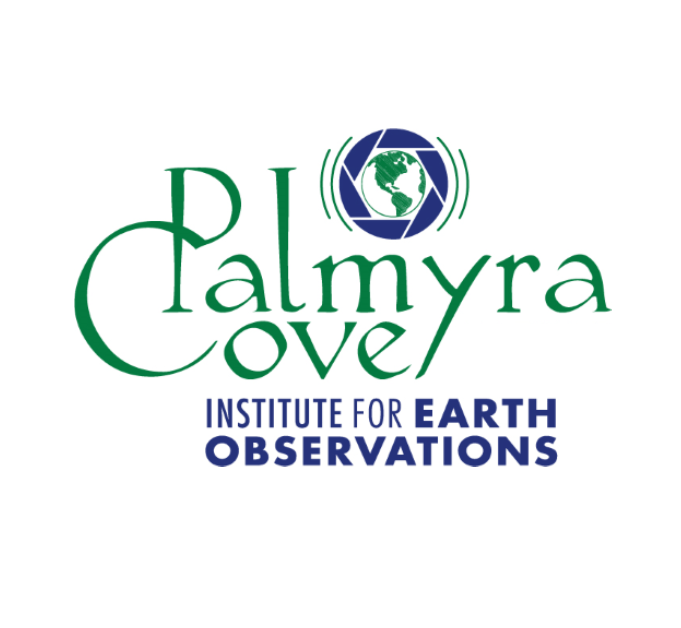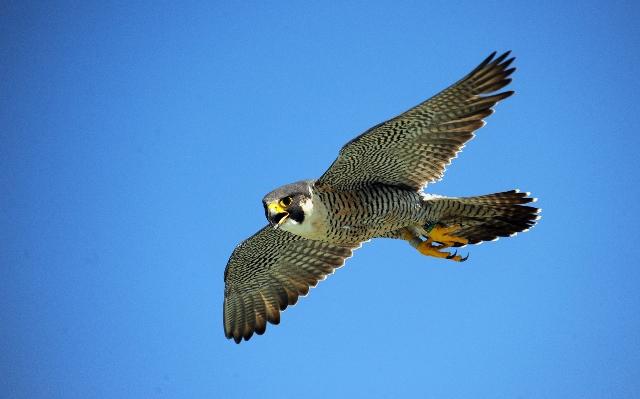FALCON CAM
Thanks to video cameras focused on the peregrine falcon box, web visitors have a birds-eye view of the nesting boxes atop the Tacony-Palmyra Bridge and Burlington-Bristol Bridge. Peregrine Falcons have been successfully nesting in those boxes since 2008 and 2009, respectively, and can be observed nesting on the top of the bridges from late March through early June.
Because peregrine falcons are an endangered species in New Jersey, biologists with NJ Division of Fish and Wildlife’s Endangered and Non-game Species Program promote falcon nesting in our state. Those biologists are on site routinely to band falcon chicks and track their progress. Annual reports are posted online here.
Tacony-Palmyra Bridge
Tacony Palmyra Bridge
Burlington-Bristol Bridge
PEREGRINE FALCON FAST FACTS
- The peregrine falcon is the fastest animal in the world. One bird was clocked at 217 miles per hour.
- The peregrine falcon is found on every continent except Antarctica.
- A peregrine falcon’s wing span is about 3 feet.
- A peregrine falcon can fly at about 6 weeks of age.
- The word “peregrine” means “wanderer.” Some falcons migrate thousands of miles each year.
- Peregrine falcons are 22 to 24 inches long and weigh about 2 pounds. The female is larger and stronger than the male.
- Peregrine falcons usually lay 3 to 4 eggs in the Spring.
- An adult falcon usually eats one bird a day, including water fowl, shore birds, and pigeons.
- A peregrine falcon may live as long as 20 years.


